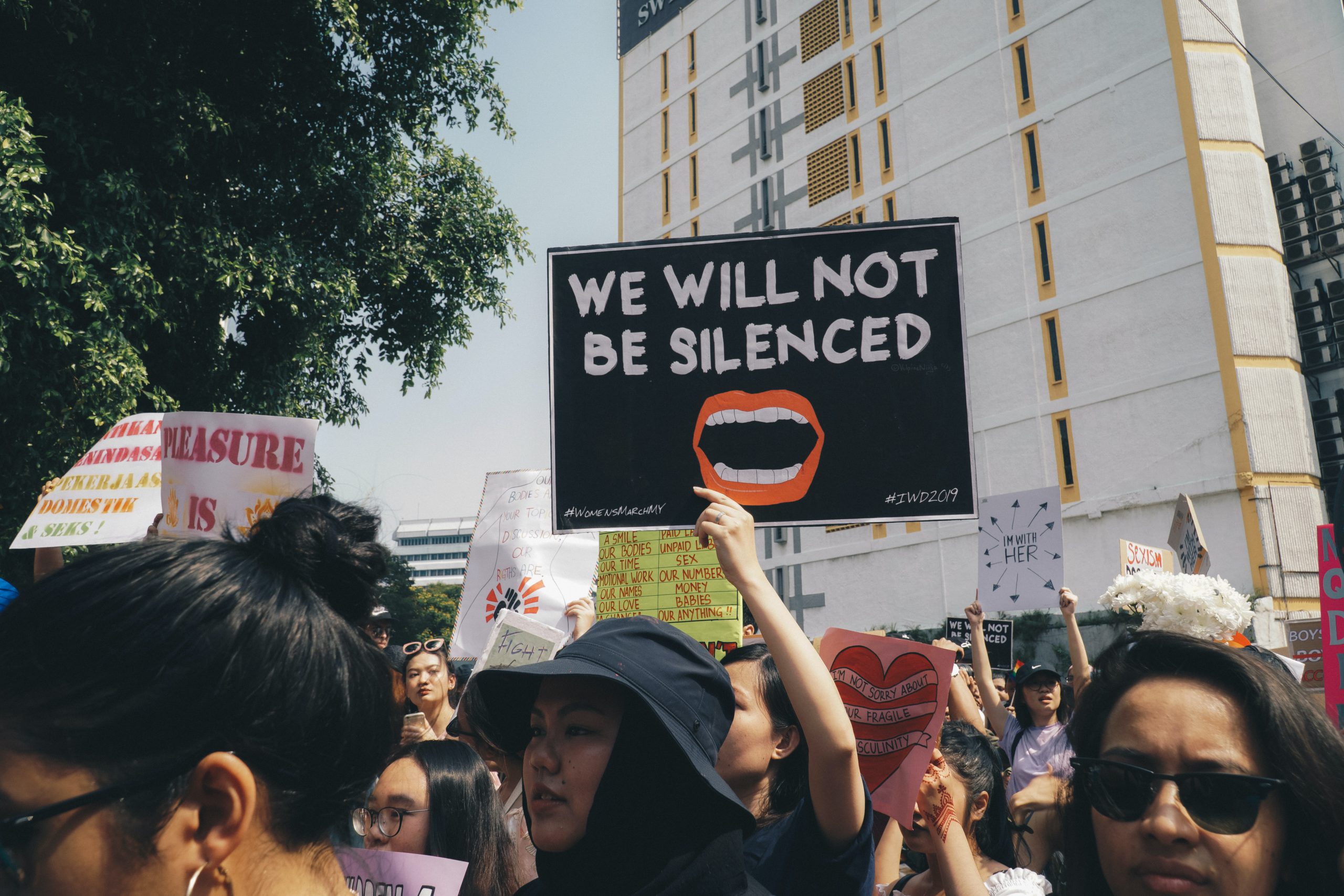This was a particularly difficult year for women around the world. Women’s rights in the global north and global south came under attack. From Roe V. Wade being overturned, the Feminist Revolution in Iran, women and girls fighting for their right to education in Afghanistan, and Indigenous women still constantly under threat in Canada, women’s struggles came to a head in 2022.
Dr. Sylvia Bawa, an associate professor in the department of sociology at York University, shares some key moments from 2022 that stood out to her:
“Around the world, women’s rights movements have tenaciously held on in the face of multiple challenges,” says Bawa. “I am impressed with the evolution, dynamism, and nature of these movements.”
She explains that while transnational movements often pull focus, we must also consider domestic movements as equally significant.
“I take ‘Movement’ literally in discussing human rights — what has moved, changed, and been transformed as a result of activism from individuals and groups?” Bawa says. “Are we engaged in dialogue and solidarity movement building to address intersectional global issues women face?
“Overall, I’d say that I have noticed a sustained shift in consciousness about women’s rights and while there are push backs and resistance from various places, movements and activists have been relentless in demanding more and better for the other half of humanity.”
One movement that stood out to Dr. Bawa is Idle No More, a movement organized and led by Indigenous women to protect Indigenous rights and the environment in collaboration with non-Indigenous allies.
Idle No More began in 2012 as a protest against the Canadian government’s stripping of environmental protection laws which directly threatened the livelihoods of those living on the land. It continues today, empowering Indigenous communities.
Dr. Bawa also mentions the Cameroonian Women’s Protest, in which the women of Cameroon are standing up for adequate political representation in the nation’s efforts towards peace talks in conflicted areas. Women, Life and Liberty, also known as the Feminist Protest in Iran, and Afghani women fighting for their right to education, continue to be incredibly crucial women’s movements.
To those who claim that women in the 21st century are equally as empowered as men, Dr. Bawa answers, “I hope these people are aware of the aspirational nature of this statement. I, too, look forward to the day when this is in fact true. While quite a bit of progress has been made in terms of women’s rights, there’s still a very long way to go!”
Bawa highlights a report by UN Women, which highlights some of the specific consequences that the COVID-19 pandemic has had on women’s rights and gender equality around the world.
“Here in Canada, the state still has a long way to go in protecting the rights of Indigenous women (and people, more generally),” she states. “There is a gender pay gap where women earn less than men doing similar work. Political representation of women is still abysmal around the world despite exemplary progress in Rwanda, Iceland and Namibia.”
Dr. Bawa explains that women’s rights around the world have regressed due to influence from the far-right and other fundamentalist movements, using examples such as the overturning of Roe V. Wade, the death of Mahsa Amini in Iran, and the circumstances of women in Taliban-occupied Afghanistan.
“What do these kinds of happenings tell us about the fragile nature of progress on gender equity? How can we safeguard the progress we’ve made as we fight for more?,” asks Bawa.
“It’s important to note that women come from varied backgrounds and are differently situated in society. While we can speak of the general oppressions women face, we must take care to understand the contexts, relative privileges and intersectional pressures they deal with.”
Dr. Bawa leaves our readers with a final message:
“Our world loses tremendously when about half of its population is restricted from functioning at full capacity […] Issues of gender equity are intertwined with others such as race, class, ethnicity and culture, sexuality and nation. Therefore, we must work towards a more equitable society on all fronts, individually and collectively. We must challenge discrimination in all its forms and manifestations and support those who work towards these goals.”




